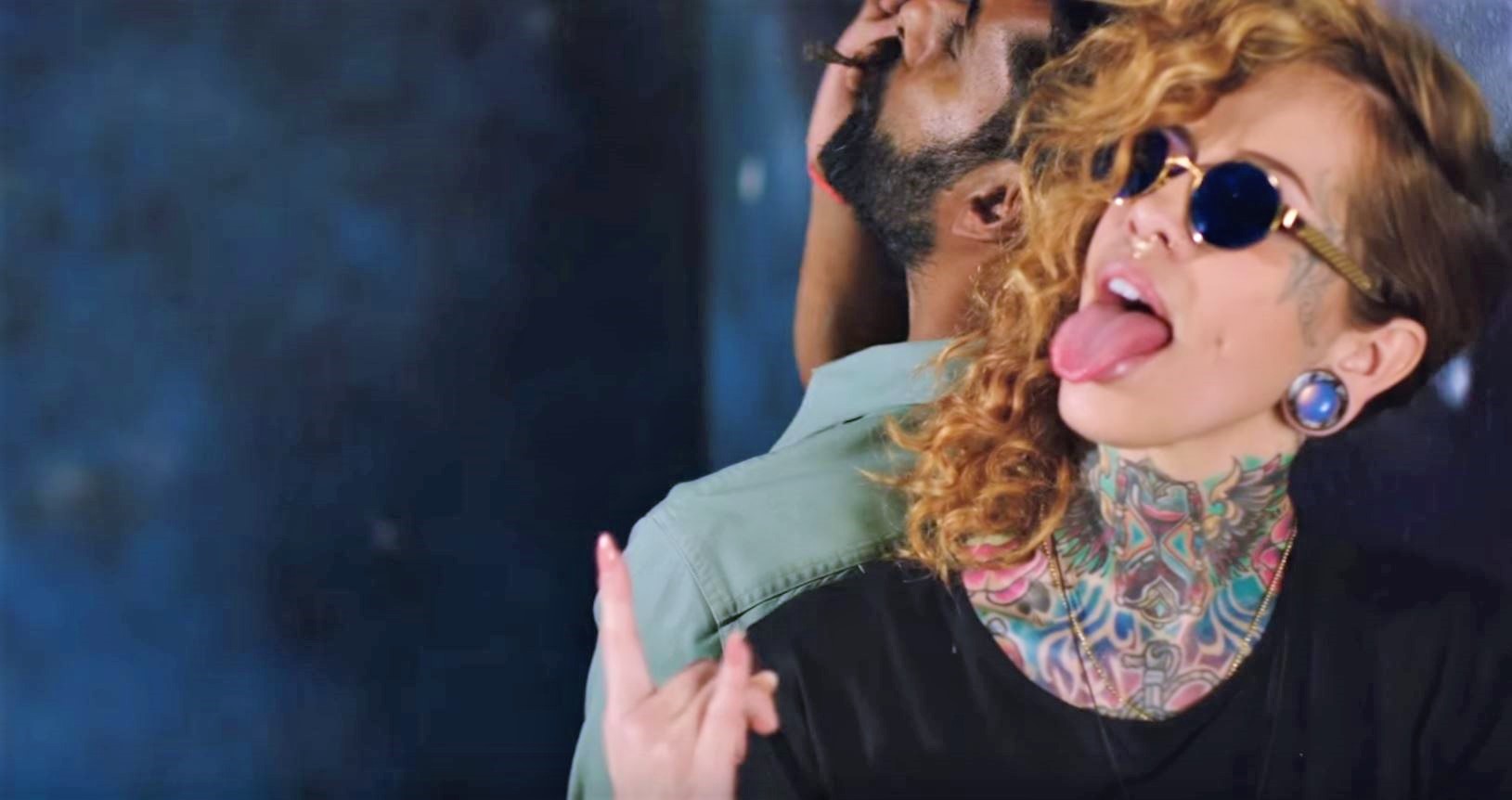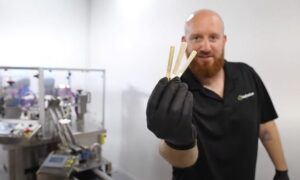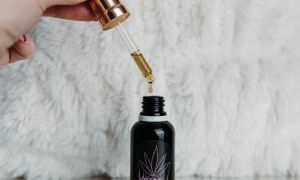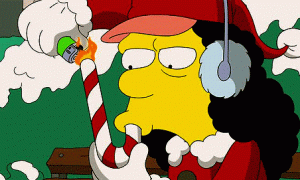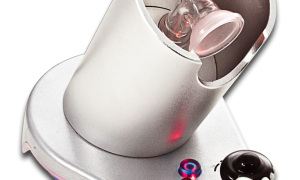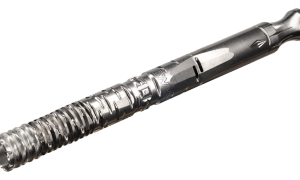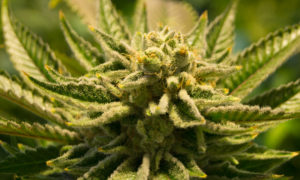From its very inception, Vice’s Weediquette has always been a show that has tried to use marijuana as a thematic springboard, utilising weed to explore a range of broad-ranging issues including the free market, migration, economic inequality and even the nature of mortality itself.
In that vein, the show’s seventh episode “Mary Janes“ is an attempt to explore a host of issues associated with gender in America. Though the focus, understandably, is on the booming legal marijuana business, the episode examines a range of issues faced by women in various workplaces. To that end, it’s a sometimes clumsy, mostly fascinating look at the under-documented overlap between weed and feminism, and a damning indictment of America’s broken and discriminatory hiring systems.
The episode kicks off with an interesting question, offered up by a comedian at a packed gala event designed to celebrate women in the weed business. “Will the legal marijuana industry be the first industry not dominated by men?” she muses. Over the ensuing 40 minutes, fresh-faced host Krishna Andavolu interviews a range of women involved in every aspect of the biz to try and offer up an answer.
He speaks to female growers, discovering that they face a particularly open, ugly form of sexism – those who harvest pot with their tops off and their “tits out” often get paid a little bit extra, for example. He speaks to female sellers, and finds they often struggle to find room in a market epitomised by depictions of the “stoner bro”. And he speaks to female pot smokers themselves, discovering they often get disparaged and discouraged in a way males frequently don’t.
At certain points the danger females in the industry face is nebulous and hard to define. At other points it is so direct and unabashed that a female grower interviewed has to have her identity obscured so as not to face retribution. As a result, the episode is nothing if not illuminating, and the levels of discrimination that women at every stage in the industry have to face is both galvanising and infuriating.
And yet, here’s that Weediquette rub, as ever: the show really does feel like it’s beginning to repeat itself. The agricultural focus of the episode’s first quarter has already been covered comprehensively at this point, as has the business-oriented chunk right in its centre. Though the new gender politics angle is fresh and uniquely important, it’s never really enough to shake the feeling of déjà vu that starts to accumulate as Andavolu begins tirelessly gurning to camera.
Ah well. A shame. Though, not a complete one: ultimately, the episode’s redeeming grace is its optimism. Though things might be bad now, Andavolu uncovers enough hope to suggest a bright, more gender-equal future. Will the legal marijuana industry be the first industry not dominated by men? The answer, Weediquette says, is “maybe”.

